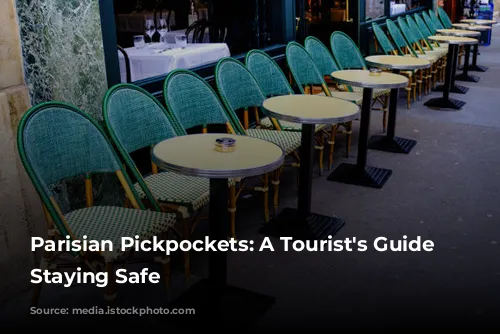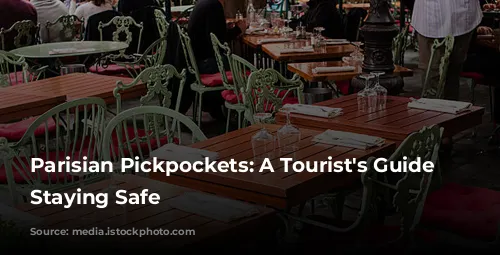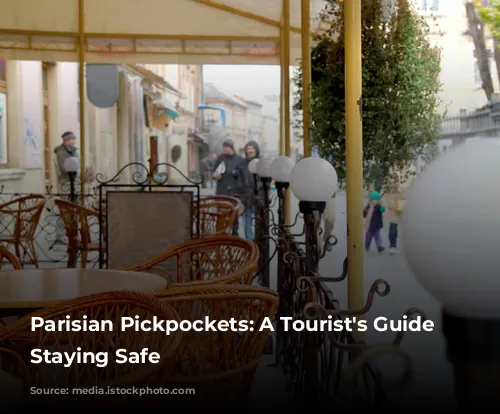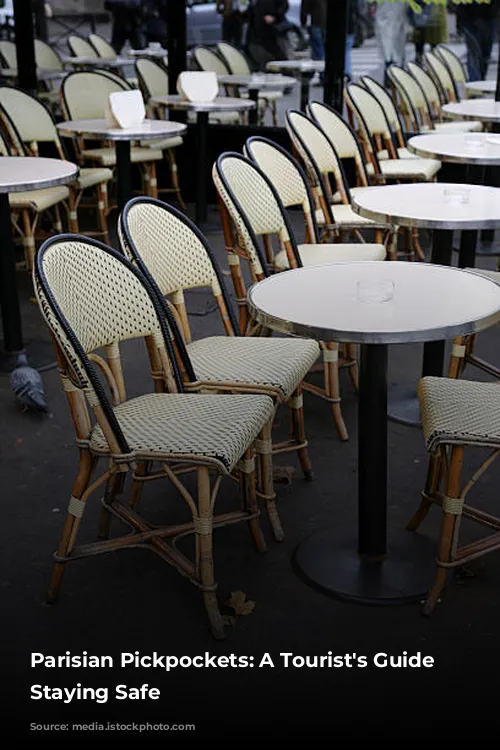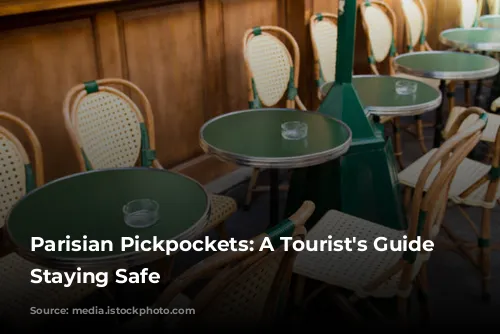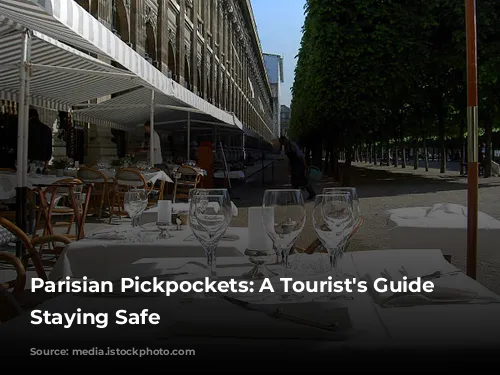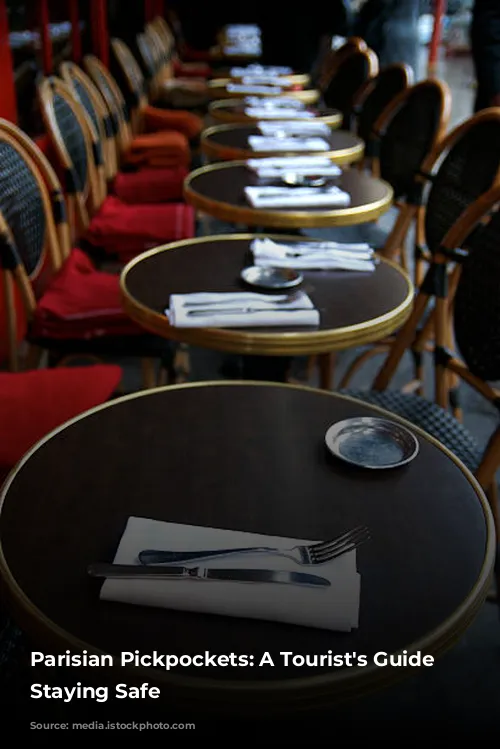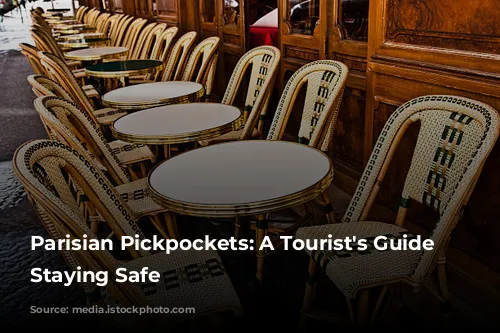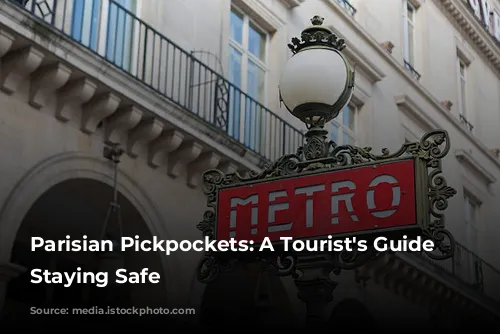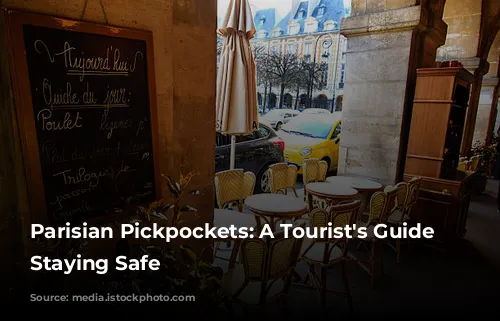Paris, the City of Lights, is a dream destination for many, but unfortunately, it’s also a hotbed for pickpockets. Each year, thousands of tourists, especially Americans, report their passports stolen or lost in the French capital. These sly thieves target unsuspecting visitors, often preying on their excitement and lack of familiarity with their surroundings.
Pickpockets often operate in tourist-heavy areas, like museums, crowded subway stations, and train terminals. They can easily spot foreigners by their attire, language, guidebooks, and cameras, and assume they’re carrying substantial amounts of cash. Their tactics are clever and often involve distracting their victims.
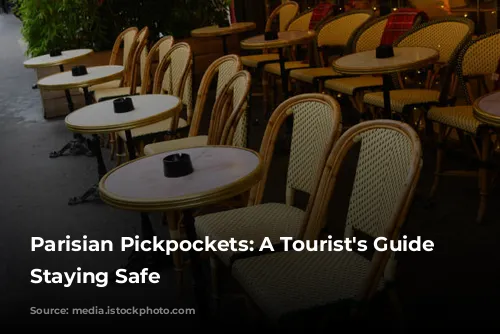
The Art of the Pickpocket
These professionals often work in teams, one member creating a diversion while the other silently lifts your wallet. The victim may not even realize they’ve been robbed until later, recalling a jostle on the subway or a crowded street.
Pickpockets are skilled and persistent, easily slipping their hands into handbags and pockets. About 70 percent of pickpocketing victims in Paris are women, whose handbags, even those with zippers or clasps, are vulnerable when left unattended. Men also need to be cautious, as outside pockets are easily targeted.
The primary goal of a pickpocket is to steal your money. However, they often grab more, as many tourists carry all their essential documents in “convenient” travel wallets. Losing your passport, identification, tickets, cash, credit cards, and travelers checks all at once can be a nightmare.
Although thieves often discard empty wallets, your vacation could be ruined by the hassle of replacing lost documents and the potential for financial loss. It’s crucial to inform your travel companions, family, and house guests to be extra cautious with their belongings.
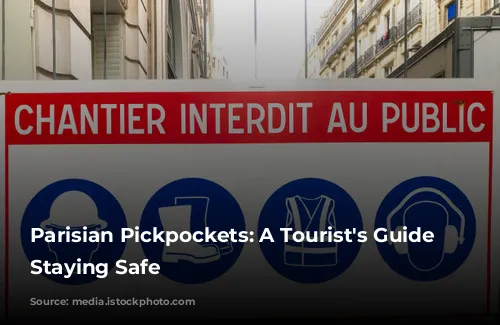
Avoiding Becoming a Victim: Practical Tips
Here’s how to safeguard yourself from becoming a pickpocket’s target:
- Carry only what you need. Leave valuables like jewelry, extra cash, credit cards, travelers’ checks, and airline tickets in your hotel safe.
- Once in France, American tourists aren’t required to carry their passports everywhere. A driver’s license or student ID card is usually sufficient for identification purposes. Keep your passport separate from your wallet or handbag.
- Hold your purse or shoulder bag tightly under your arm, especially in crowds. Keep it on your lap or in full view in restaurants and public places. On the street, walk away from the curb and carry your handbag under your arm, away from the street, to prevent motorcycle thieves from snatching it.
- Don’t leave valuables in a locked car, even in the trunk. Car thieves are adept at bypassing locks and the trunk is not a secure place for your belongings.
- If you are targeted, don’t resist. You could get seriously hurt. If you see a pickpocket in action, don’t confront them unless a police officer is nearby.
- Don’t go into shock. Getting robbed is upsetting, but it’s essential to stay calm. If you are robbed, immediately find the nearest police station (commissariat). Report the theft to the police and request a “Récépissé de Declaration de Perte ou de Vol”. This receipt is essential for insurance purposes and can temporarily replace your lost identification documents. If you lose your passport or need assistance, visit the American Embassy.
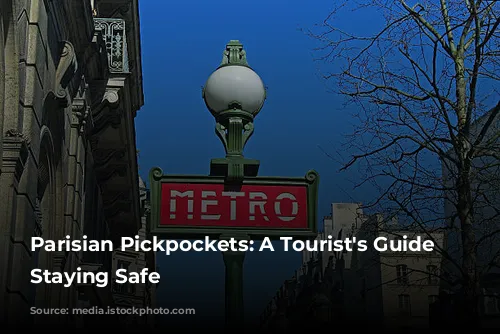
Additional Precautions for a Safer Stay
- Carry the smallest amount of cash possible.
- Spread your cash across several locations on your person.
- Use small or medium denomination banknotes.
- Keep PIN numbers secret, don’t throw away receipts, and keep a separate record of credit card numbers.
- Make photocopies of your passport and driver’s license.
- Keep a written record of your temporary address.
- Avoid writing your name and address on your keyring.
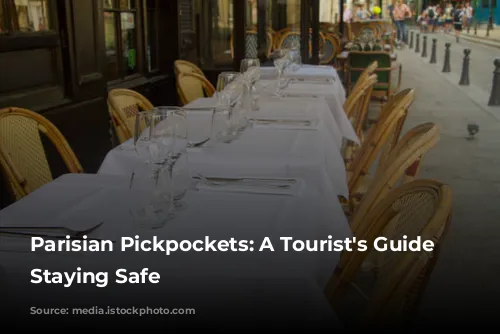
Staying Safe in Public Transport
- Be cautious in crowded situations, especially if you feel jostled.
- Ensure the opening of your handbag faces towards you.
- Avoid carrying valuables in side or back pockets.
- Don’t leave belongings in plain sight in your vehicle.
- Always lock your car doors and windows, even when driving.
Remember, a few simple precautions can make a big difference in ensuring your safety while exploring the City of Lights. For more information, visit the U.S. State Department’s Country Information for France and International Travel pages, as well as the French police website.
